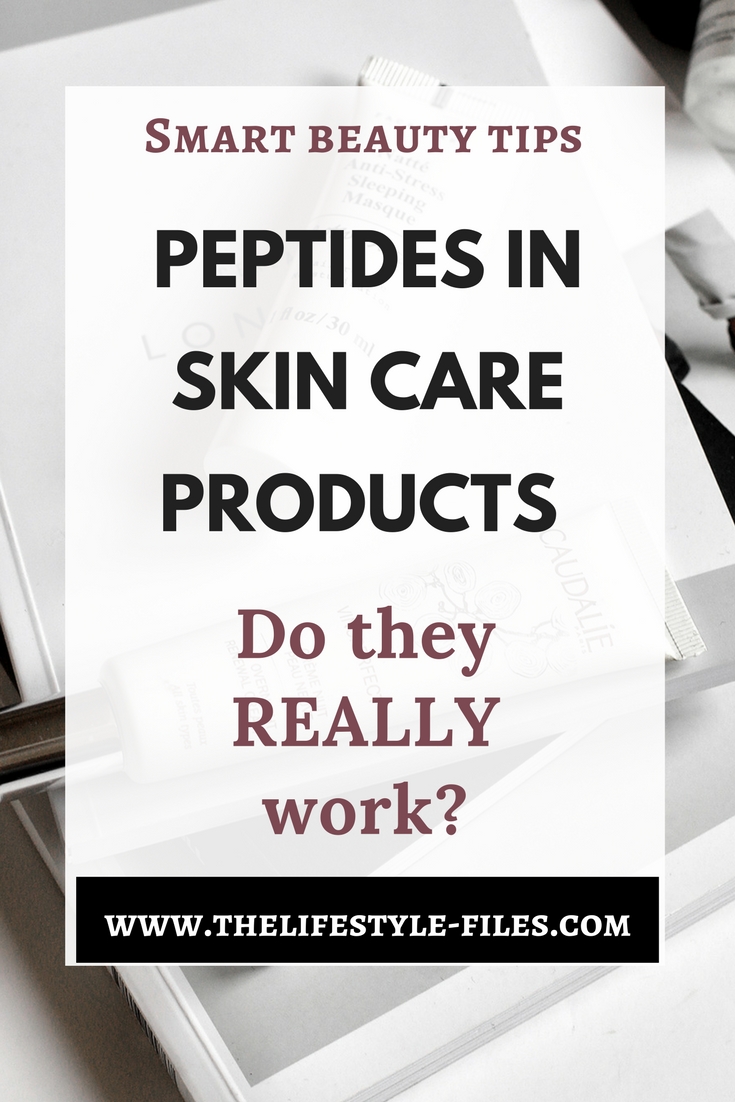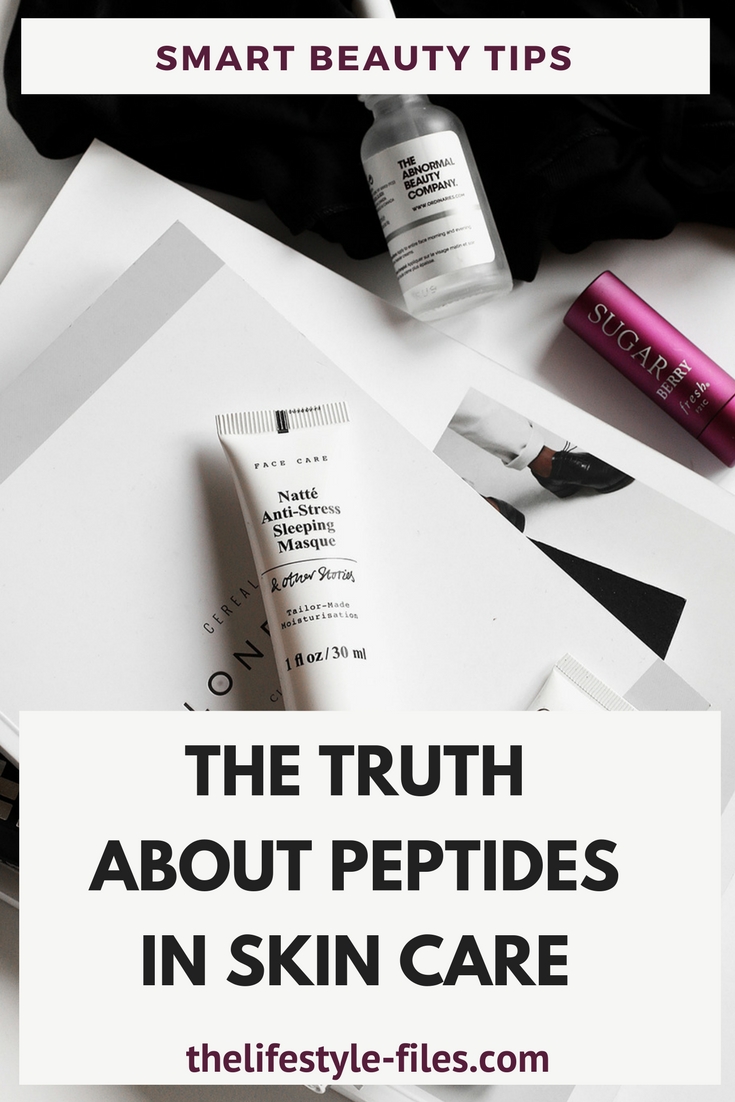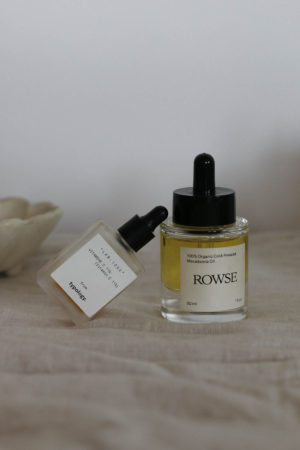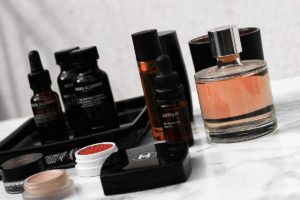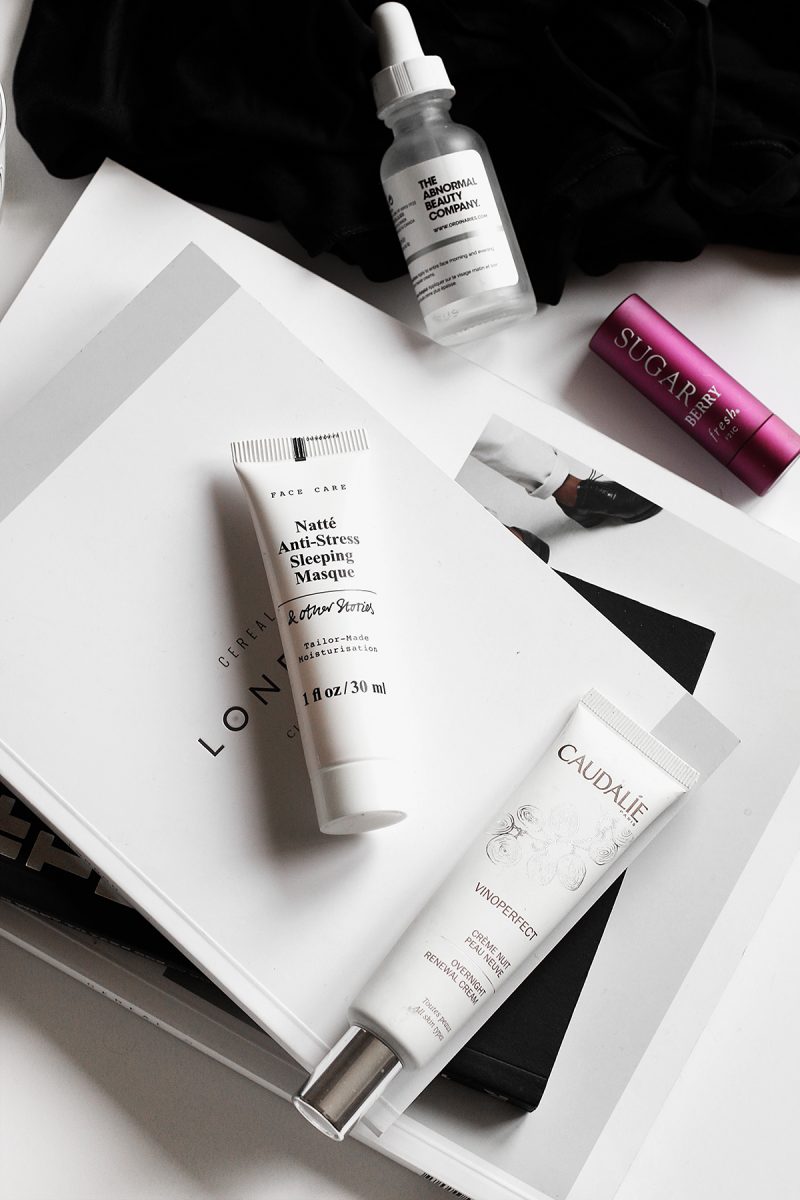
Ever since I’ve started my “Let’s really understand what beauty companies are trying to sell me” campaign, I had to realize, it’s really not that easy to find my way around the thousand marketing claims and buzzwords the beauty industry is throwing at us. Especially without a medical degree or any kind of biological/dermatologist knowledge apart from basic high school biology.
I still find it very important to try to understand some basic things, so I could at least make half-educated guesses at what I need or don’t. I don’t want to rely solely on YouTubers, advertisements, or assistants at brand stores to decide where to spend my money.
But as I said, it’s really difficult to separate the essentials (and hopefully true statements) from all the marketing we are bombarded with on a daily base.
There are a lot of buzzwords we have to make sense of. Some of them are easier, like anti-oxidants, in which case I can at least guess or have a vague idea of what they might mean, but others are a harder nut to crack – like peptides.
Peptides (along with ceramides) were one of those buzzwords I encountered frequently, but had absolutely zero ideas of what they were or would do.
So, I went down the research rabbit hole – again. Let’s see whether we really need those highly-praised peptides in our life (and skin care routine).
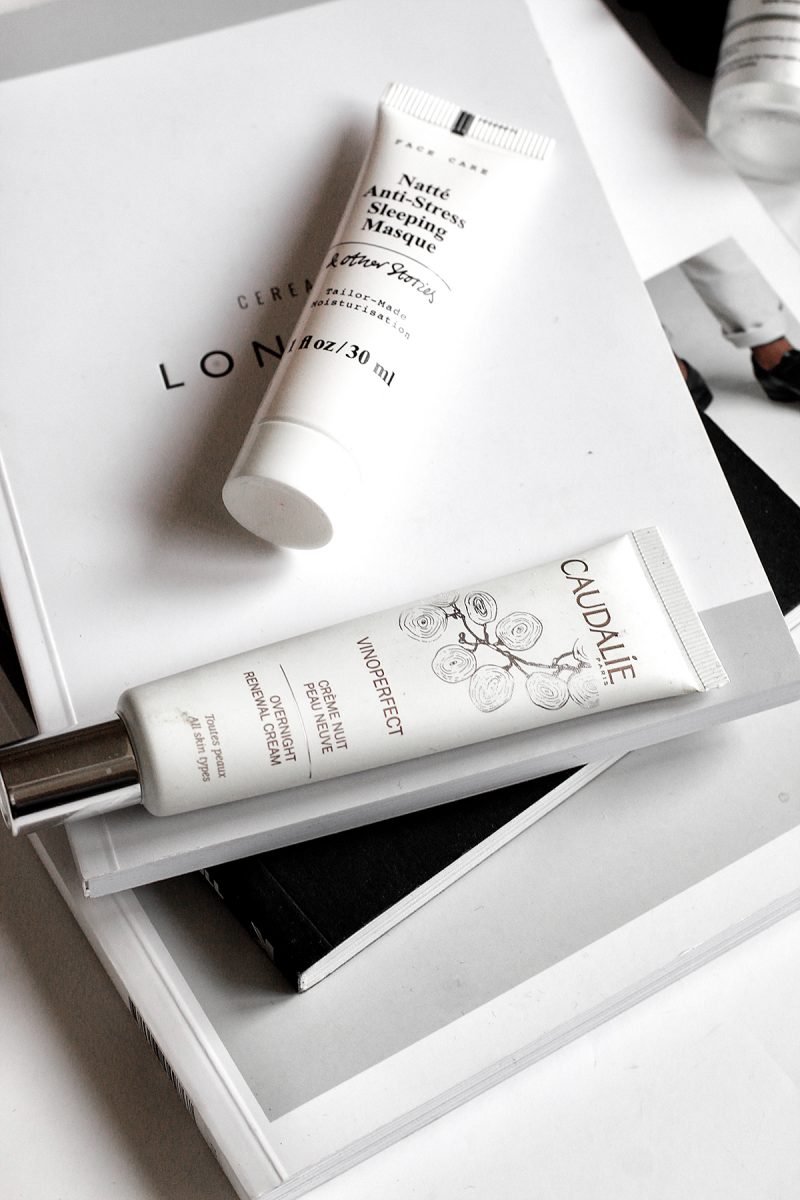
What are peptides?
Peptides are very similar to proteins in that they are both made up of amino acid chains. The difference between them is basically the size – peptides are smaller, made up of 2-50 amino acids, whereas proteins are of more than 50. Peptides are thus sometimes referred to as small proteins.
How can they improve the skin?
With regards to skin care, different types of peptides can do different things. Some of them tell cells to produce more collagen. Collagen is a vital protein, responsible for the skin’s firmness and elasticity. The problem is that we produce less and less collagen naturally as we age, so boosting collagen production is very important for rejuvenating the skin. However, we cannot really replace the collagen in our body by creams, because the size of collagen molecules is so big, the consensus is that they cannot get through the skin’s barriers. That is the reason a lot of beauty scientists do not believe in topical collagen creams or serums. Here’s a great article on collagen and whether creams, injectables, or supplements really work.
And this is where peptides could have a big role by sending signals to cells that they need to produce more collagen. In a way, they are little messengers that can boost collagen production.
Other peptides can act as transmitters, like copper peptides. Research shows that copper can be an effective agent in skin healing and copper peptides are responsible for delivering copper to the skin.
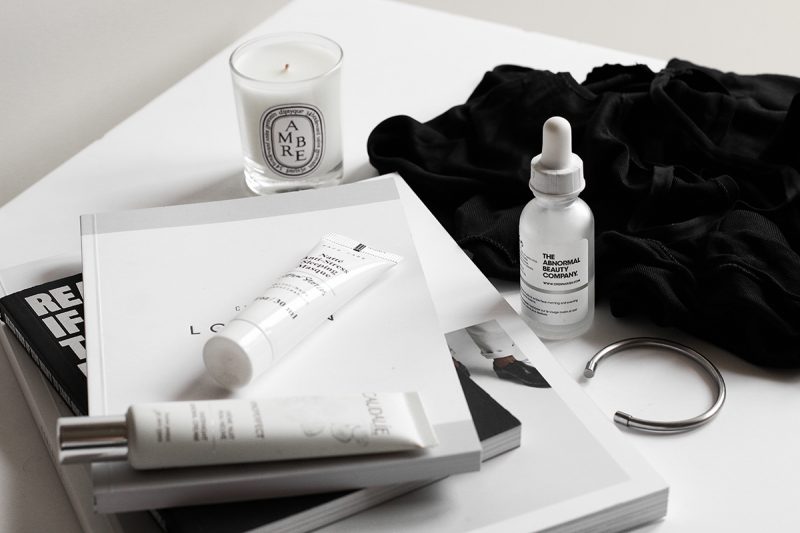
How to find them in the ingredient list?
Understanding and finding peptides in an ingredient list can be a challenge. Take a look at how many types are here.
You can either look for the name peptide on the INCI list (the number before shows how many amino acids it has, e.g. di – 2, tri – 3, tetra – 4, pepta – 5 and so on), or some common trade names like Argireline (Acetyl Hexapeptide) or Matrixyl (Palmitoyl Pentapeptide).
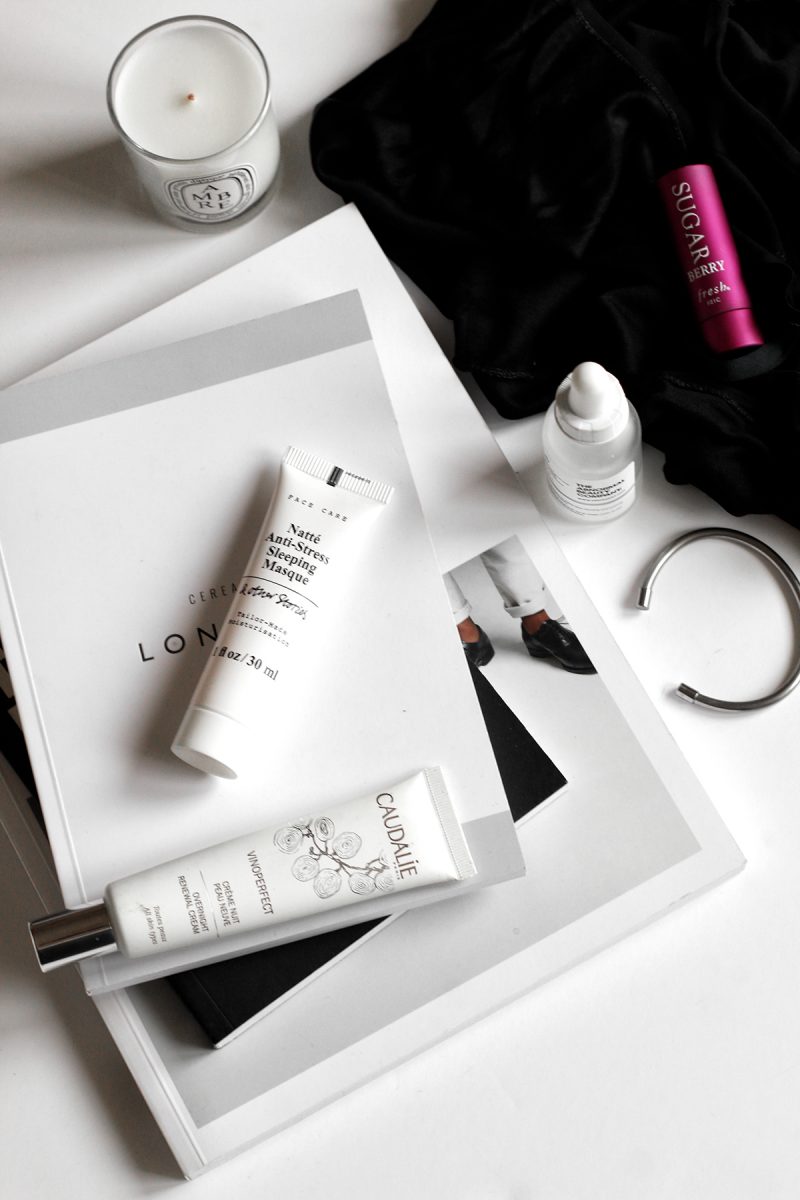
Do they really work? Are they worth the money?
To be honest, I’m not convinced. There are a lot of products (some of them very pricey) that jumped on this peptide bandwagon and try to sell them as the all-in-one type of miracle ingredient. This is misleading, because, for starters, there are a lot of different types of peptides, so it cannot be a single miracle ingredient.
Second, so far I haven’t read anything that would prove beyond doubt that peptides make such a huge difference for the skin. While there is a consensus regarding the anti-aging benefits of Vitamin A or C, for example, when it comes to peptides, most experts go only as far as “they might work, but we don’t really now for sure yet” (you can read some expert opinions on peptides here: The Derm Blog, Paula’s Choice, Beautiful with brains, Live Science, Future Derm).
Some peptides are also quite big and unstable, so they need to be in the right form to be able to do anything at all. It might be a challenge for brands to find the right mixture and nothing ensures that the peptide cream we buy contains the suitably-sized and stabilized peptides. It also takes a lot of time, several weeks or months for peptides to produce any kind of result, if at all.
The bottom line is: if the serum or cream contains some peptides, they might help, but I think we shouldn’t spend a fortune on them. We need a lot more robust research on how peptides might work in skin care products, what the benefits are, and how they are able to produce those benefits. In the meantime, I’d still rather trust anti-oxidants and vitamin A, C, and B3 when it comes to maintaining skin firmness and elasticity.
More From The Smart Beauty Series:
Double cleansing: Myth or fact?
A guide to vitamins in skin care
Does your skin really know it’s nighttime? A word on night products

